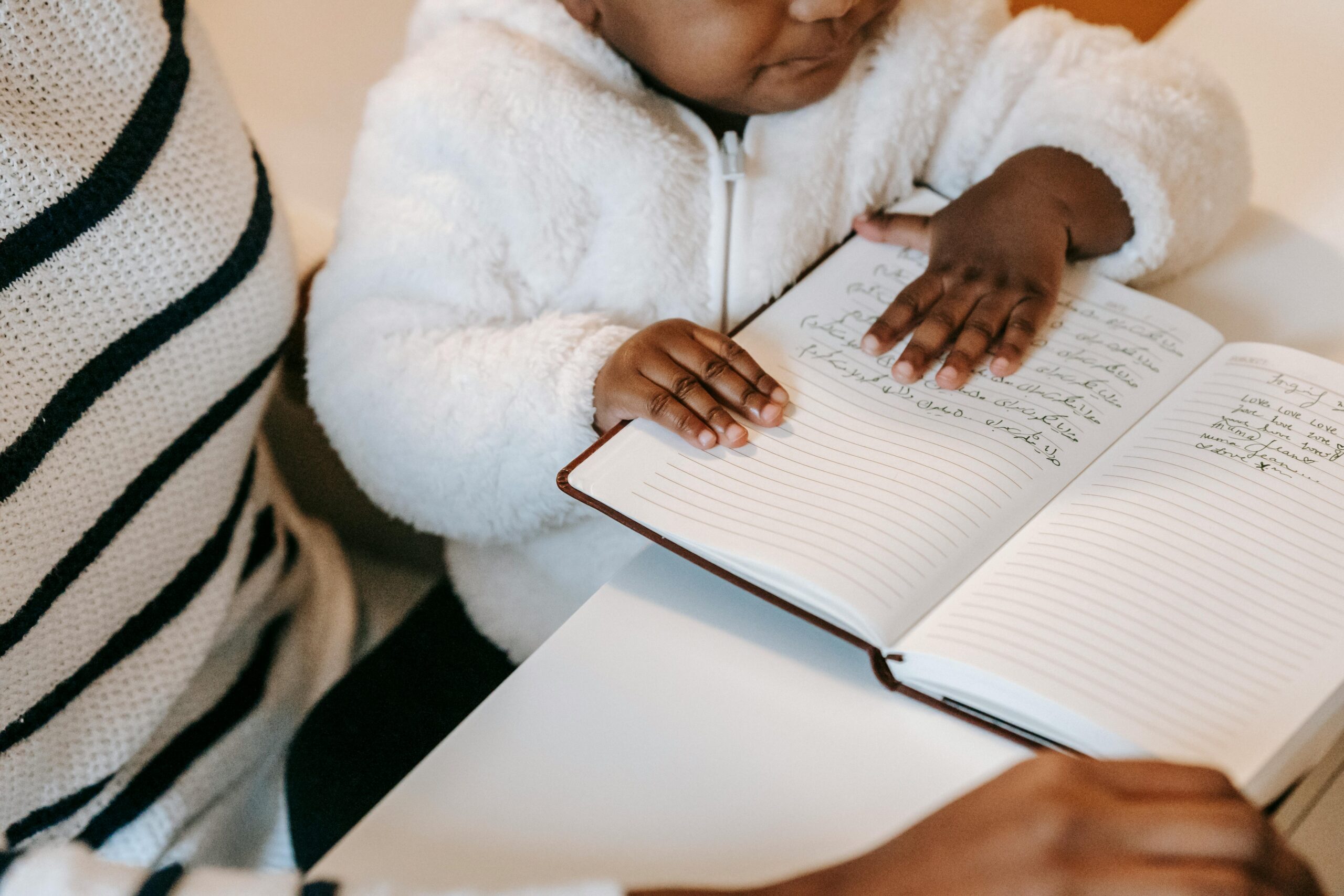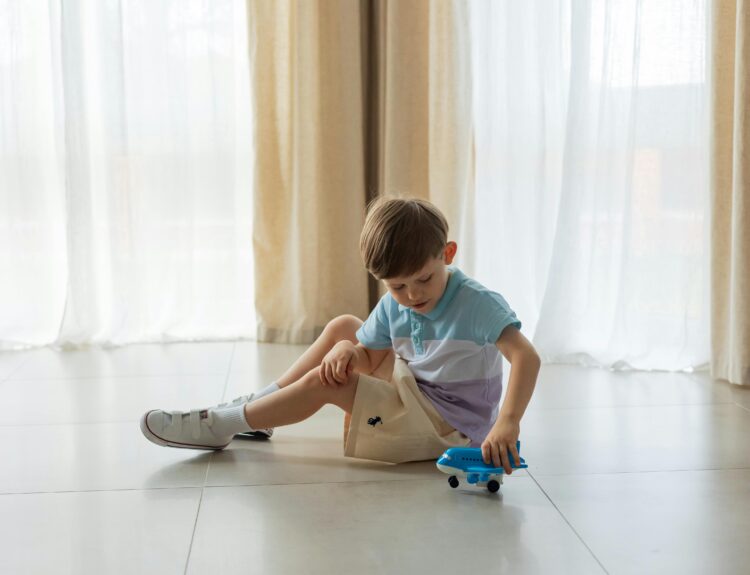Raising a child comes with countless challenges—but one of the biggest ones I faced was introducing my son to study habits before he officially started school. I wanted him to feel confident and curious, not pressured or afraid of books and learning. In this blog, I’ll share how I built a foundation for his education long before admission, and how I now manage his study routine smoothly. If you’re wondering how to prepare a child for school study, this is for you.
Starting Before School: Why I Didn’t Wait
Even before my son was enrolled in any school, I had a strong feeling that learning should start at home—gently, lovingly, and playfully. I didn’t mean textbooks or pressure, but small activities that could spark his thinking and build habits.
I started around the age of 3. That’s when I noticed he was getting curious about colors, shapes, names, and even asking questions like “what is this?” or “why is that like this?”
I didn’t want to miss this window.
How I Introduced the Idea of Studying (Without Calling It ‘Study’)
I never said, “Let’s study now.” Instead, I would say things like:
- “Let’s draw together.”
- “Can you help me find all the red toys?”
- “Do you want to read a story with me?”
We made puzzles, played matching games, learned alphabets with fridge magnets, and even sang rhymes during bath time. Slowly, this became part of our daily routine.

Creating a Mini Routine Before School Life Began
Consistency is the first lesson. Before school started, I set a simple routine:
- Morning walk + talk time: We discussed trees, animals, and cars.
- After-lunch activity: Just 15 minutes of drawing, tracing letters, or building blocks.
- Evening storytime: Books became a bedtime ritual.
This didn’t feel like schoolwork, but it helped him build attention span, memory, and love for learning.
My Approach: Play First, Learn Along the Way
I made sure study time never felt like a burden. I bought colorful picture books, used fun flashcards, and even let him choose what to do sometimes. On days he didn’t feel like doing anything, I let it go.
Making learning fun was my biggest goal. And honestly, he taught me that curiosity blooms when we don’t push too hard.
First Day of School: How All That Prep Helped
When the day came to finally enroll him in school, I noticed how confident he felt. He already knew how to hold a pencil, how to sit for some time, and how to follow instructions—because we practiced these at home.
I could see the difference. While many kids were crying or scared, my son was excited. He even asked, “Will we learn stories today?”
That moment told me everything was worth it.
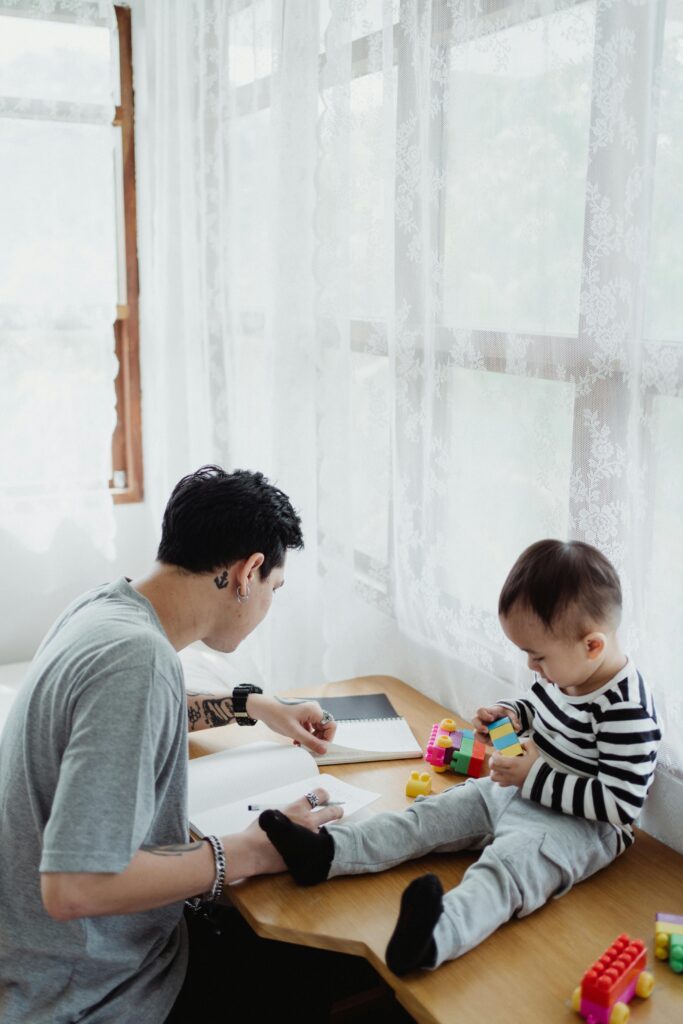
How I Now Manage His Study Routine
Now that my son is in school, our study time has changed—but the foundation is the same: routine, patience, and gentle encouragement.
Here’s what our weekday routine looks like:
1. After-School Cool Down
When he comes home, I never start with studies right away. I let him relax, eat something light, and play freely for a while.
2. Short & Sweet Study Time
We study for just 30–45 minutes max. We break it into:
- Homework Time
- Reading Time
- Revision Games (like memory match, or asking him to teach me)
3. No Distractions
I make sure we sit in a clean, quiet corner without TV or mobile phones. I sit beside him—not over him. He knows I’m there to support, not control.
4. Praise Over Pressure
I don’t scold him for mistakes. I praise his effort. Sometimes he struggles, and we take a break or try another way. I’ve learned not every day will be perfect—and that’s okay.
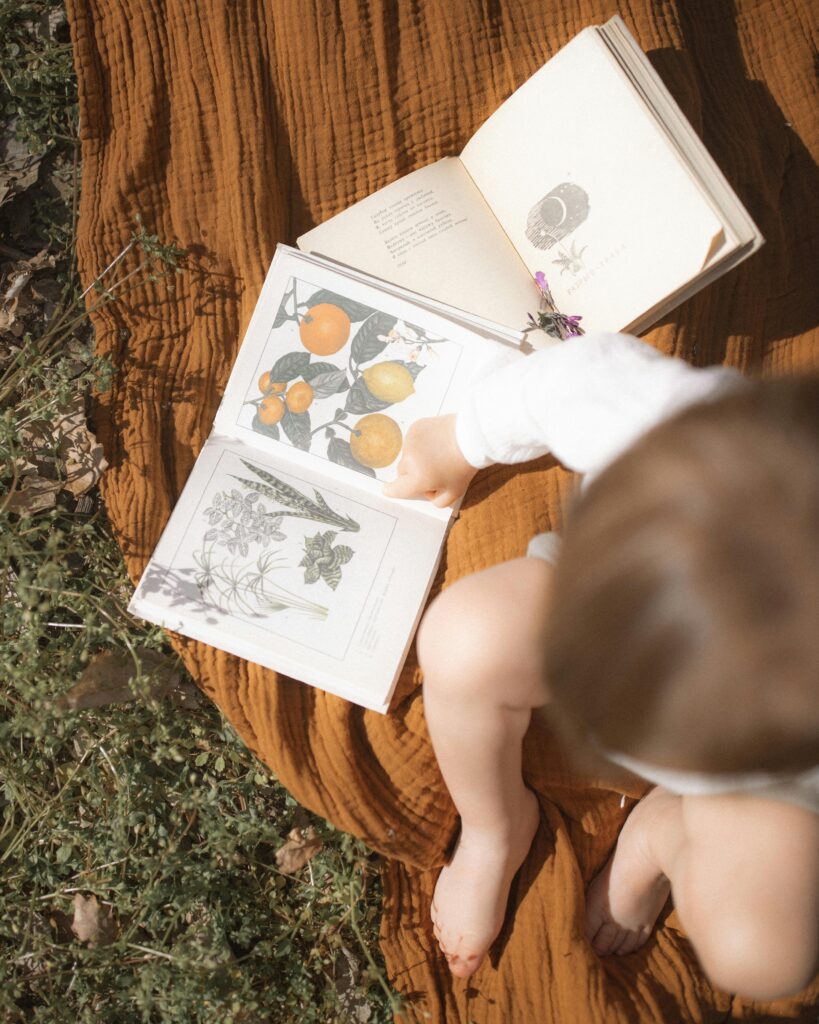
Weekend Study: Light and Fun
Weekends are lighter. We may:
- Watch educational cartoons
- Visit a museum or library
- Do creative activities like painting
- Write letters to grandma (he draws them!)
This keeps the habit of learning alive—without textbooks.
Challenges I Faced (And How I Solved Them)
Every child is different. There were days he refused to write or listen. Here’s what helped me:
- Using timers: 10-minute study challenges
- Reward charts: For finishing a week of studies
- Switching mediums: Some days we used chalk, sand, or even whiteboards
- Gentle words: “Let’s try one more page, and then your favorite snack!”
Final Thoughts: Planting the Seed Early Matters
Children don’t need pressure, they need patience. I realized that preparing my son early—before formal school—wasn’t about making him ‘ahead’. It was about making him confident, curious, and calm in the face of new things.
Now, studying is part of his day like brushing or playing—not something scary or forced. And the truth is, I’ve learned as much from him as he’s learned from me.
If you’re wondering how to prepare a child for school study, start small. Start now. And let love lead the way.
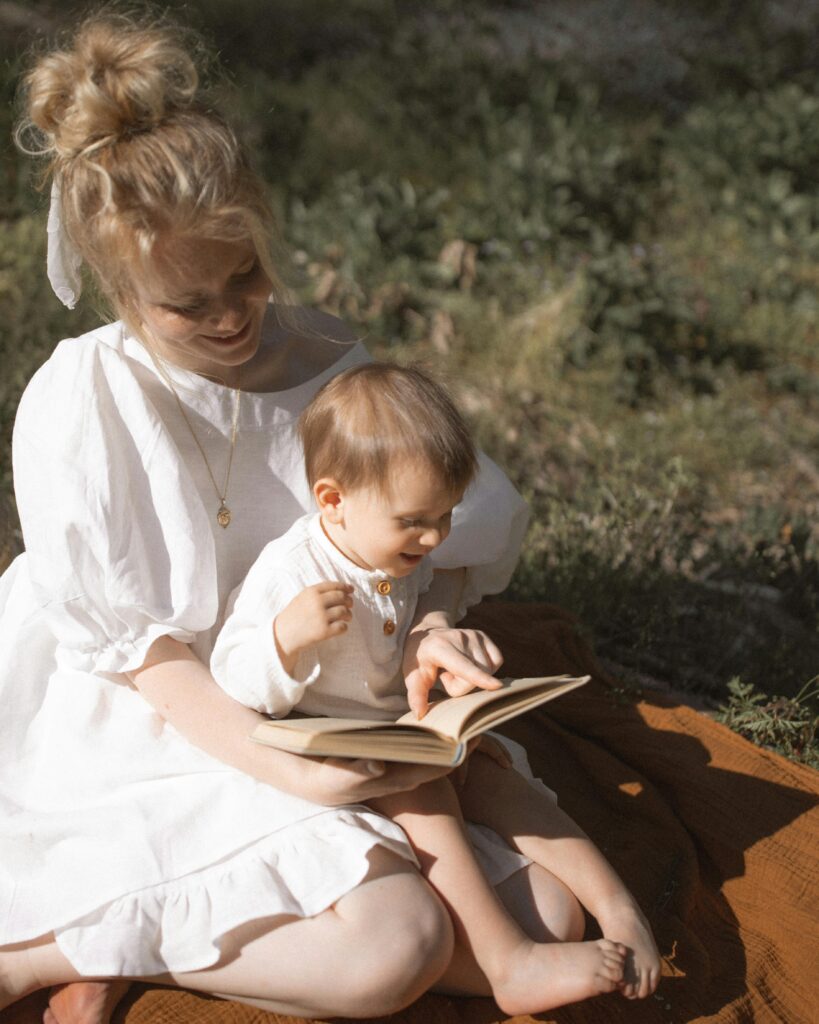
FAQ Section
Q: What age is best to start preparing my child for study?
A: Around age 2.5–3 is a good time to introduce light learning activities like reading books, coloring, or storytelling. Keep it playful and short.
Q: How long should a preschool child study each day?
A: 15–30 minutes of focused activity is enough. Quality matters more than time.
Q: What if my child refuses to sit and study?
A: Try changing the method—use games, storytelling, or involve art. Make learning part of play, not separate from it.
Q: Should I give rewards for studying?
A: Small, meaningful rewards like stickers or extra playtime can motivate—but avoid too much bribery. Praise effort instead.
Q: Is it okay to skip study days sometimes?
A: Absolutely. Children need rest and unstructured time too. Balance is key.



